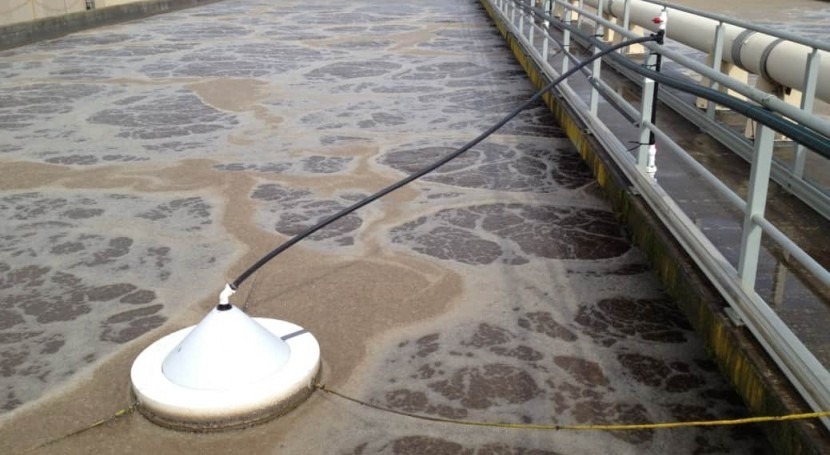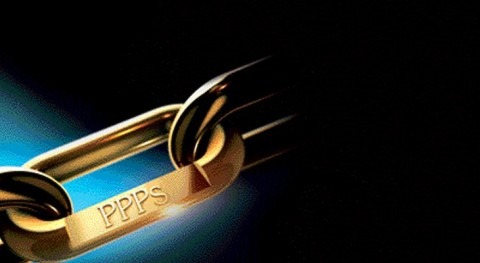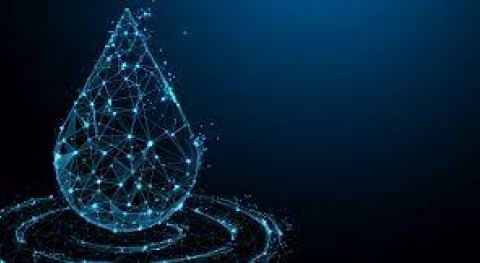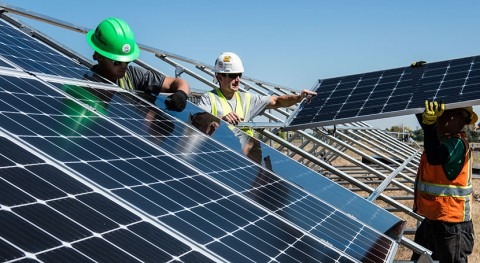Industry development
A change in the mindsets of professionals and businesses with regards to water and wastewater treatment processes is emerging. The vast quantities of domestic, agricultural, and industrial wastewater and the sludge waste that remains after the treatment process is being considered as a valuable resource in terms of investment and business opportunities that are consistent with global sustainable goals, rather than an expensive and difficult stumbling block. This paradigm shift has been advocated in the United Nations World Water Development Report of 2017, Wastewater: The Untapped Resource.
Wastewater remains a key untapped opportunity for economic development, assistance with the reduction of scarce water resources and recently in sciences, specifically in the study and analysis of Covid 19 viral loads in South Africa. The opportunity currently lies in Public Private Partnerships (PPP), whereby private sector businesses and investors increase the capital budget of severely constrained municipal budgets for a return on investment. The National Water and Sanitation Master Plan states that a ‘turn-around towards financial sustainability is not optional’ and calls for enhanced revenues, cost reductions, an analysis of alternative service delivery models and increased private sector investment.
The insight
South Africa is a water-scarce country whereby Municipalities depend both on the availability of water resources and proper sanitation services for its sustainable economic and social development. The demand for water is expected to significantly increase soon. South Africa faces a serious threat of declining water supplies. Non-revenue municipal water losses (NRW) within pipelines and water infrastructure are a key driver in the unsustainability of water supply, this is a gleaming investment potential in PPP projects within the municipal space, most municipalities lack the budget to develop and manage leak detection programs and to effectively update ageing infrastructure which are prone to leakage, required skilled technicians within NRW are also in small numbers. NRW and leak detection private sector contracts made up a significant part of municipal water budgets prior to 2016, however since then municipalities have opted to conduct these projects in house due to financial constraints and the push for upskilling municipal technicians. It is evident that this change is not an effective means to the reduction of water losses. A holistic approach to these water issues and investment potential, demands the inclusion of the wastewater sector as municipalities in KwaZulu Natal are currently facing severe sewage capacity constraints. The existing water and wastewater infrastructure cannot cope with the growing population and economic development which leads to a substantially increased water requirement for agricultural, residential and industrial uses.
Private participation to drive market forward
These issues are prevalent due to various reasons, which amongst others are aging infrastructure which is not well maintained and not designed for the current volumes, Natural weather phenomenon’s, difficulties in procurement and the supply chain management procedures, political interferences, the loss of skilled resources within departments and constrained budgets. The National Business Initiative Report, solving for municipal wastewater treatment (2018) stated: “The water sector funding gap is R330 billion (US$ 22.39 billion) over the next ten years, with major infrastructure refurbishment and improved maintenance required.
The link between the two sectors and the investment potential within both is clearer with the demand for water increasing and the potential of wastewater providing water to industry and possibly the agricultural sector, this reduces the demand for potable water and will only be required predominantly for residential purposes. Treated wastewater would prove to be a vital link in meeting the demand for freshwater and other raw materials.
A key Pilot Project called the Durban Water Recycling Project was the first PPP started in 1999 and had set the precedence. Private investors where the Development Bank of South Africa (DBSA), Rand Merchant Bank (RMB) and the French Protocol in partnership with Veolia construction and consulting company. Through a PPP, the municipality successfully implemented a wastewater recycling project for industrial purposes. The project value was R74 million (US$ 5.02 million) with investments of R18 million (US$ 1.22 million) from DBSA, R24 million (US$ 1.62 million) from RMB, € 2.3 million (US$ 2.69 million) from the French Protocol and R14 million (US$ 949 802) from the Durban Water Recycling project shareholders.
This project is an example of sustainable wastewater management with multiple environmental, economic, and social benefits for the region and an exemplar of a solution that considers wastewater as an asset rather than a liability to be disposed of.
Our analysis suggests that the City of Johannesburg, eThekwini Municipality, City of Cape Town and Ekurhuleni Municipality are the most PPP suitable municipalities in the country based on the information by the South African Water Services Authority (WSA) that are responsible for providing water services to end users.
WSA MUNICIPALITY TYPE PPP SUITABILITY SCORE OPPORTUNITY RANKING
CITY OF JOHANNESBURG Metro 78.3 Excellent
ETHEKWINI MUNICIPALITY Metro 63.3 Excellent
CITY OF CAPE TOWN Metro 62.0 Excellent
EKURHULENI MUNICIPALITY Metro 61.3 Excellent
Table 1. WSAs representing the highest PPP potential in South Africa.
[note: The key data sources include the National Water Services Knowledge System (DWS), MuSSA (DWS) and Private Participation in Infrastructure Database (World Bank)].
Thereby exploring partnerships between industry and municipalities, upgrade and rehabilitate inadequate infrastructure that is central to securing water supply mix around the country. A network led by the Department of Water and Sanitation (DWS), The Strategic Water Partners Network South Africa (SWPN) consists of members of Government and private sector with its focus on water conservation and increasing the water supply mix. The broader goal is to build a leadership group that will on an ongoing basis seek innovative joint solutions that support government’s water strategy and overall national water security. The SWPN will identify potential projects, assess these projects’ ability to close the water volume gap, review best practices and technology, identify challenges that are limiting the replication of these projects nationally and recommend how to overcome these challenges including incentives for widespread adoption. The document closing the water gap by 2030 developed by the network indicates potential projects, funding and investment opportunities within the sector to meet sustainability and economic goals. Partners include the Water Resources Group supported by the World Bank (WB) and the International Finance Corporation (IFC), World Economic Forum, South African Breweries, Coca-Cola, Anglo American, Sasol, Nestlé, Eskom and the NEPAD Business Foundation.







